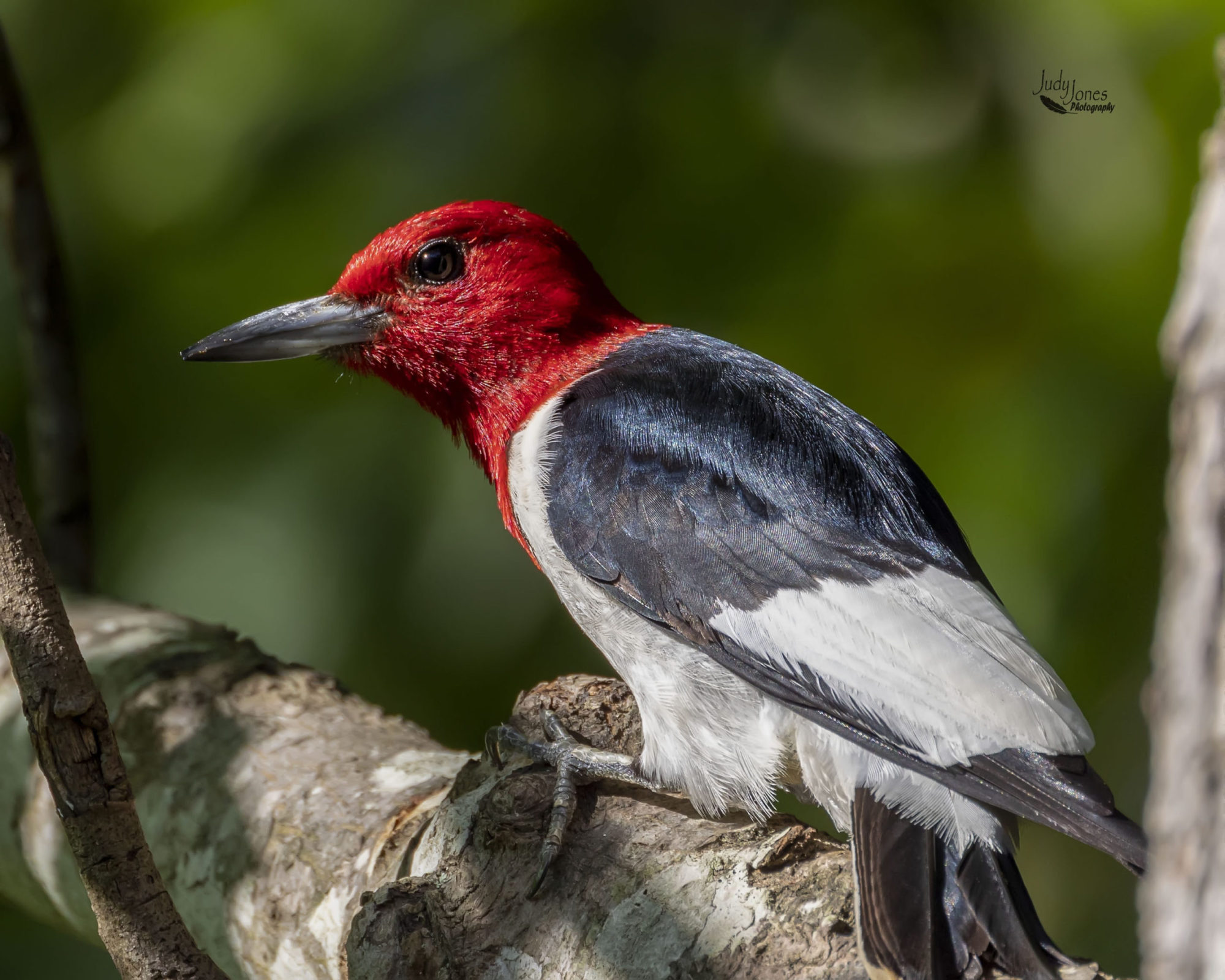WBC’s October 20 program offers an armchair tour of the Sylvan Heights Bird Park in Scotland Neck, NC.
North Carolina. Brent Lubbock, Director of Operations and Development, will describe past and present avian conservation projects and give information about the park’s Avian Breeding Center.
Members will receive an email with the Zoom link. If you are not a member and want to attend this meeting, please contact us.
Please join us for our next meeting at 7:00 p.m. on September 15 when we are fortunate to welcome as our guest speaker Dr. Bryan Watts, Director of the Center for Conservation Biology and Mitchell A. Byrd Professor of Conservation Biology at the College of William and Mary. Dr. Watts will present a program on the Decline of the Eastern Black Rail.
In recent decades populations of the eastern black rail, a secretive and poorly understood marsh bird, have declined steeply along the Atlantic Coast. Along with other saltmarsh-nesting birds, black rails appear to be experiencing demographic stress due to rising sea-levels. Over the past ten years the conservation community has struggled to halt the decline and develop an effective management strategy. Dr. Watts will discuss black rail ecology, recent declines and the current focus of conservation efforts.
Dr. Watts’ work is guided by his interest in exploring general ecological principles that have broad application. Over the past several years he has been involved in over 250 research projects involving avian species or communities within the mid-Atlantic region of North America. These projects have included virtually every avian community within the Coastal Plain.
Please contact us for the Zoom link.
Dr. Julie Mallon will present “Time is Energy: a New Perspective on the Migratory Behavior of Turkey Vultures.”
Do you love vultures? If you don’t already, you may after attending our August program.
Virginia is home to arguably one of the best soaring birds in the world, the Turkey Vulture (Cathartes aura). Turkey vultures are obligate soaring birds, but few other species use this strategy. Dr. Julie Mallon will review the costs and benefits of obligate soaring, why Turkey Vultures have the largest home range of any vulture species, and the adaptive strategies Tur- key Vultures use to deal with competition from other scavengers. As scavenging and soaring specialists, the flight of Turkey Vultures is restricted to where and when strong updrafts are available and the birds are grounded when updrafts are weak. Dr. Mallon’s interest includes how Turkey Vultures cope with these restrictions.
Dr. Mallon has been studying vultures since 2011. Her Master’s research on the flight behaviors of Black and Turkey vultures was awarded special recognition by The Auk, The New York Times, and the BBC. Last year, she earned her Ph.D. from the University of Maryland, College Park, where she studied the drivers of migratory and non-migratory movements by birds.
Join us on May 19 at 7:00 p.m. on Zoom for “Climate Change and its Effect on Food for Migrating Birds.” Club members will receive the link in an email. If you want a link, please contact us. Meetings are free and open to the public.
Dr. Amanda Gallinat is an ecologist who studies how environmental change affects plants, birds. and their interactions. At our May 19 program, Dr. Galllinat will present fascinating and important findings from her recent research on the effects of climate change on the timing of fruit ripening and bird migration in the northeast. Mark your calendar!
Dr. Amanda Gallinat is an ecologist who studies how environmental change affects plants, birds, and their interactions. At our May 19 program, via Zoom, Dr. Galllinat will present findings from her research on
the effects of climate change on the timing of fruit ripening and bird migration in the northeast, includingnimpacts in the fall season. Her research incorporates the historical field notes of Henry David Thoreau, long-term bird banding records, museum specimens, and field observations.

